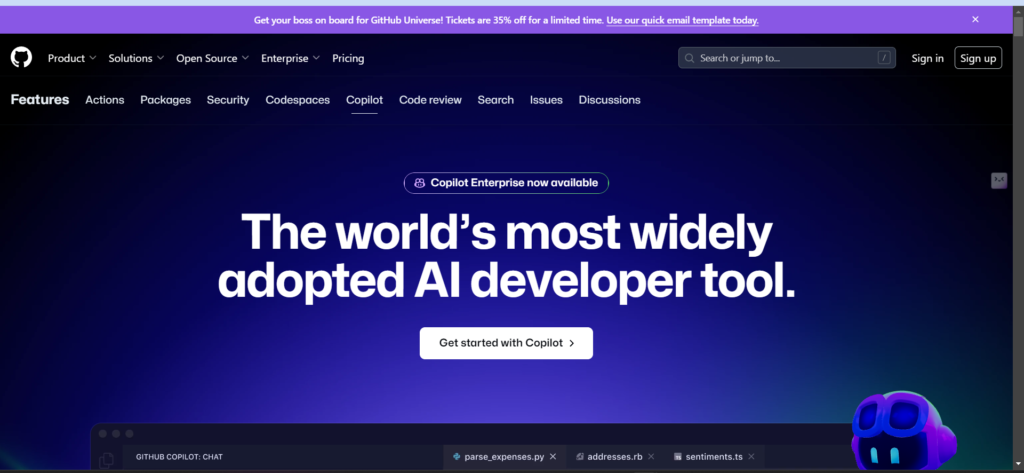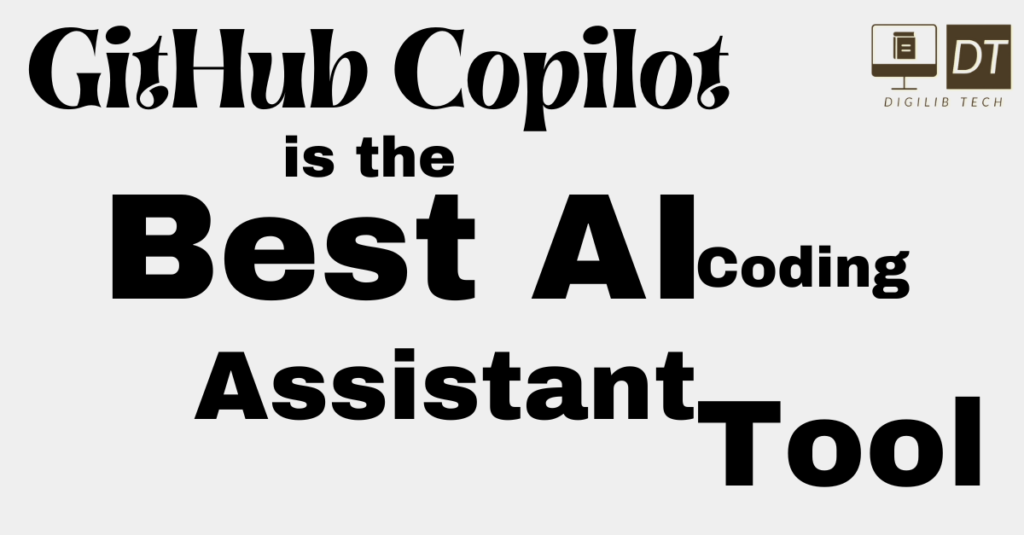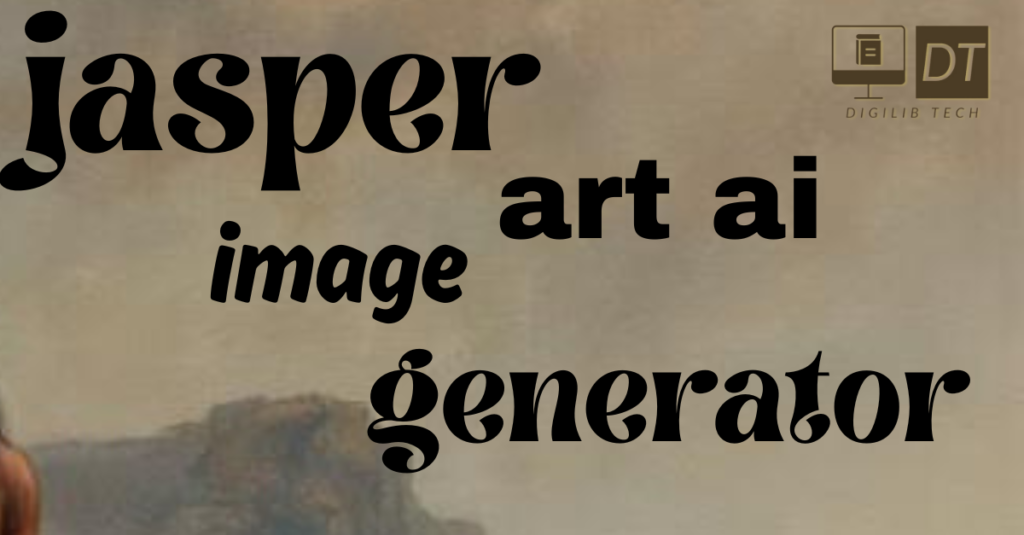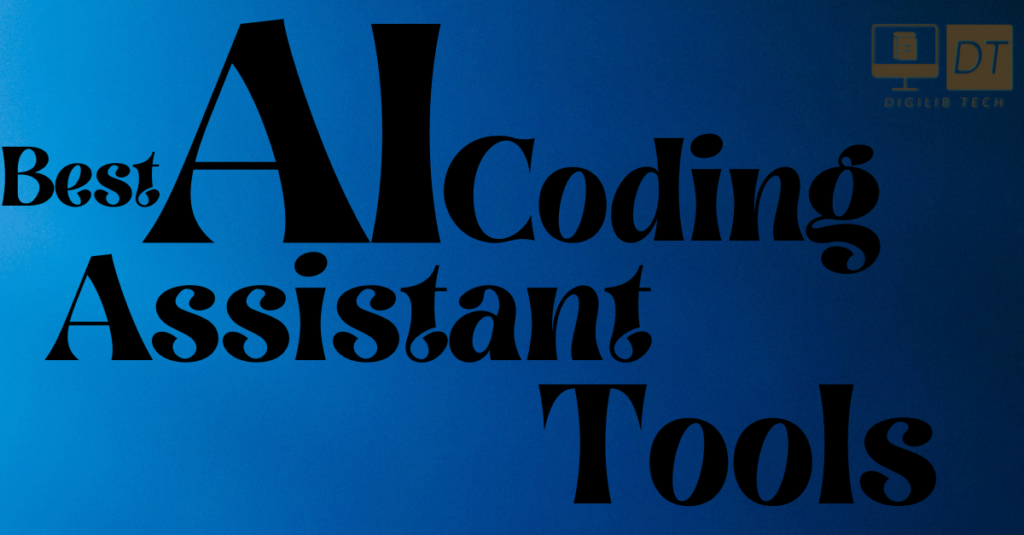GitHub Copilot is an innovative AI-powered coding assistant developed through a collaboration between OpenAI and GitHub. Launched with the objective of enhancing the efficiency and productivity of developers, GitHub Copilot integrates seamlessly with popular code editors, most notably Visual Studio Code. This advanced tool leverages machine learning to provide intelligent code suggestions, making it a valuable asset for both novice and experienced programmers.
The core functionality of GitHub Copilot revolves around its ability to assist in real-time coding tasks. It can suggest relevant code snippets, complete partially written lines of code, and even generate entire functions based on the context of the code being written. By analyzing the surrounding code, GitHub Copilot provides contextually aware suggestions that align with the task at hand, significantly reducing the time and effort required to write code from scratch.

Purposes of GitHub Copilot is to streamline the coding process, allowing developers to focus more on problem-solving and less on syntax and boilerplate code. By offering intelligent autocompletion and real-time insights, it helps in minimizing errors and enhancing code quality. This tool is especially beneficial in complex coding environments where quick and accurate code generation can make a substantial difference in productivity.
GitHub Copilot operates at the intersection of cutting-edge artificial intelligence and software development, underpinned by OpenAI’s Codex model. Codex, a descendant of the renowned GPT-3 model, is designed specifically to generate and understand code. This model is trained on a vast corpus of both natural language and source code from publicly available repositories, enabling it to offer highly contextual and relevant code suggestions to developers.
The machine learning foundation of GitHub Copilot allows it to analyze the context within which a developer is working. By examining the preceding code and comments, Copilot can generate code snippets that align with the intended functionality.
This capability is powered by natural language processing (NLP), which helps the tool comprehend the intricacies of human language and programming syntax.
As a result, Copilot can suggest not only individual lines of code but also entire functions or even boilerplate templates for common coding tasks.
One of the standout features of GitHub Copilot is its ability to learn continuously from the vast array of public code repositories available on GitHub. This extensive training on diverse codebases ensures that Copilot can provide solutions that are not only syntactically correct but also follow best practices and are aligned with the coding styles prevalent in the developer community.
By leveraging this vast pool of knowledge, Copilot is able to offer code completions that are sophisticated and contextually accurate, significantly boosting productivity and reducing the time developers spend on routine coding tasks.
Features and Capabilities
1.Code completion
GitHub Copilot stands out as a premier AI coding assistant tool due to its array of advanced features and capabilities designed to enhance developer productivity. One of its most significant features is code completion. This functionality allows developers to write code faster by predicting and suggesting the next lines of code based on the current context. By understanding the patterns and structures within the code, GitHub Copilot can provide accurate and relevant suggestions, minimizing the time spent on routine coding tasks.
2.Snippet generation
Instead of manually typing out repetitive code blocks, developers can rely on Copilot to generate snippets that match the required functionality. This feature is particularly useful for boilerplate code, where the structure is often repeated across different parts of the project. By leveraging snippet generation, developers can maintain consistency and focus on more complex coding challenges.
Real-time suggestions are also a cornerstone of GitHub Copilot’s capabilities. As developers type, Copilot offers instant suggestions that can be quickly integrated into the codebase. This feature supports an iterative and interactive coding process, allowing for continuous refinement and improvement of the code. The ability to receive real-time feedback is invaluable, especially in fast-paced development environments where efficiency is key.
GitHub Copilot’s support for multiple programming languages further enhances its versatility. It is compatible with popular languages such as Python, JavaScript, TypeScript, Ruby, and Go, among others. This wide-ranging support ensures that developers working in various tech stacks can benefit from Copilot’s advanced features, making it an inclusive tool for diverse coding needs.
3.Natural language comments
One of the most impressive aspects of GitHub Copilot is its ability to understand natural language comments and translate them into functional code. Developers can write comments in plain English, and Copilot can interpret these comments to generate corresponding code snippets. This capability bridges the gap between human language and programming languages, streamlining the development process and reducing the cognitive load on developers.
GitHub Copilot’s combination of code completion, snippet generation, real-time suggestions, multi-language support, and natural language understanding positions it as the best AI coding assistant tool available today. Its comprehensive feature set empowers developers to code more efficiently, reducing repetitive tasks and allowing for greater focus on creative problem-solving.
Benefits for Developers
GitHub Copilot, an innovative AI-powered coding assistant, offers several significant benefits for developers, enhancing their productivity and coding efficiency. One of the primary advantages is the acceleration of the coding process. By providing instant code suggestions, Copilot allows developers to write code faster, reducing the time spent on mundane tasks and enabling them to focus on more complex problems. This feature is particularly beneficial when dealing with repetitive boilerplate code, as Copilot can automatically generate standard code patterns, alleviating the tedium of manual entry.
Another notable benefit is the reduction of syntax errors. GitHub Copilot’s advanced machine learning algorithms can predict the next lines of code with high accuracy, significantly diminishing the likelihood of syntax mistakes. This capability is invaluable for both novice and experienced developers. For beginners, it serves as an educational tool, offering real-time guidance and helping them understand coding conventions. For seasoned developers, it streamlines the debugging process and enhances code quality.
Moreover, GitHub Copilot is adept at learning and adapting to a developer’s unique coding style over time. This personalized approach leads to more relevant and context-aware suggestions, further improving coding speed and accuracy. As developers continue to use Copilot, the tool refines its recommendations, making it an increasingly effective assistant.
Collaborative coding is another area where GitHub Copilot excels. By promoting coding standards and consistency, it ensures that teams maintain a uniform codebase, which is essential for successful project collaboration. The AI assistant helps in adhering to best practices and guidelines, making it easier for multiple developers to work on the same project without encountering inconsistencies or integration issues.
GitHub Copilot stands out as an invaluable tool for developers, offering benefits that span increased productivity, reduced errors, personalized assistance, and improved collaboration. Its ability to enhance coding efficiency and maintain high standards makes it an essential asset for any development team.
Advantages
GitHub Copilot does face certain limitations and challenges that users must consider. One significant concern is the potential for over-reliance on AI-generated code. Developers might become dependent on Copilot’s suggestions, leading to a decline in their own coding skills and critical thinking abilities. It is essential to maintain a balance between using AI assistance and nurturing one’s own problem-solving capabilities.
User Experience and Integration
GitHub Copilot has been widely praised for its exceptional user experience and seamless integration with popular integrated development environments (IDEs), particularly Visual Studio Code. The installation process is straightforward, requiring only a few steps to get the extension up and running. Users simply need to install the GitHub Copilot extension from the Visual Studio Code marketplace, sign in with their GitHub credentials, and they are ready to start leveraging the power of this AI coding assistant.
Once installed, GitHub Copilot integrates smoothly into the developer’s workflow. It operates in the background, providing real-time code suggestions and autocompletions as the developer types. This non-intrusive approach ensures that the tool enhances productivity without causing distractions or disruptions. The suggestions appear within the IDE’s standard interface, making it easy for developers to accept, reject, or modify the proposed code snippets.
Feedback
Feedback from users highlights the intuitive nature of GitHub Copilot’s interface. Many developers appreciate how the tool anticipates their needs and offers contextually relevant suggestions. The AI-driven recommendations are not just limited to code completion but also include entire functions and complex algorithms, which can significantly speed up the coding process. Users have noted that Copilot’s ability to understand context and provide relevant suggestions improves over time, making it an increasingly valuable asset in their coding toolkit.
Overall, the user experience with GitHub Copilot is highly positive, with many developers finding it to be a game-changer in their coding practices. The tool’s seamless integration with Visual Studio Code and other IDEs, combined with its ease of installation and intuitive interface, makes it an indispensable assistant for both novice and experienced developers. The overwhelmingly positive user feedback underscores its effectiveness in enhancing coding efficiency and workflow integration.
while GitHub Copilot is an impressive AI coding assistant, it is not without its limitations and challenges. By recognizing these potential issues and maintaining diligent human oversight, developers can effectively leverage Copilot’s capabilities while mitigating risks and ensuring high-quality, secure, and ethically sound code.
Pricing

Comparing GitHub Copilot with Other AI Coding Tools
AI-powered coding assistants, several tools have garnered attention, including Kite, TabNine, and IntelliCode. Each of these tools brings distinct capabilities to the table, yet GitHub Copilot stands out due to its unique features and advantages.
Kite, for instance, utilizes machine learning to provide code completions and documentation lookup. While it supports several programming languages and integrates with popular code editors, its functionality is limited when compared to GitHub Copilot. Copilot, powered by OpenAI’s Codex, offers more sophisticated code completion, generating entire blocks of code, functions, and even complex algorithms based on natural language prompts. This not only enhances productivity but also reduces the time spent on boilerplate code.
well-regarded tool, leverages deep learning to suggest code completions. It is known for its extensive programming language support and capability to work offline. However, GitHub Copilot excels in contextual understanding, providing more relevant suggestions by comprehending the context of the code being written. This results in fewer irrelevant suggestions and a more streamlined coding experience.
IntelliCode, Microsoft’s AI assistant, integrates seamlessly with Visual Studio and Visual Studio Code. It offers intelligent code suggestions based on best practices derived from analyzing numerous open-source repositories. Despite its strong integration and reliable suggestions, GitHub Copilot surpasses IntelliCode by offering a broader range of functionalities. Copilot can generate complex code snippets, refactor code, and even help in learning new programming languages through its interactive prompts.
while tools like Kite, TabNine, and IntelliCode have their merits, GitHub Copilot’s advanced contextual understanding, comprehensive code generation capabilities, and strong user feedback make it the premier AI coding assistant tool in the market today.
The future prospects of AI in software development are both promising and transformative, with tools like GitHub Copilot serving as a compelling case study. As we look ahead, it is evident that AI coding assistants will likely evolve to become indispensable components of the development process. These tools are currently making significant strides in enhancing coding efficiency and fostering innovation, but their full potential is yet to be realized.
Ongoing research in the field of artificial intelligence is pioneering advancements that could further revolutionize how developers approach coding. One area of focus is improving the contextual understanding of AI models. Future iterations of AI coding assistants could possess a deeper comprehension of project-specific requirements, allowing for more accurate and contextually relevant code suggestions. This would not only save time but also minimize the likelihood of errors, leading to more robust and reliable software.
Another promising development is the integration of machine learning algorithms capable of learning from a wider array of coding styles and conventions. This would enable AI tools to adapt to individual developer preferences, creating a more personalized and efficient coding environment. Additionally, advancements in natural language processing (NLP) could facilitate more intuitive interactions between developers and AI assistants, making it easier to convey complex coding tasks and receive precise assistance.
The long-term impact of AI tools like GitHub Copilot on the software development industry could be profound. As these tools continue to evolve, they have the potential to democratize coding by lowering the barrier to entry for new developers. By automating routine and repetitive tasks, AI coding assistants could free up developers to focus on more creative and strategic aspects of their work, driving innovation and accelerating project timelines.
Moreover, the collaborative capabilities of AI could foster a more inclusive development environment, enabling teams to leverage diverse perspectives and expertise. As AI becomes more integrated into the development process, it could also pave the way for new methodologies and best practices, ultimately reshaping the landscape of software development.
Author
-
Hey, I am Ramesha a Librarian and Blogger by Passion and the Founder of Digilibtech. Digilibtech is a Jobs and Exams News Portal that Provides Latest Jobs News and Here We will Provide you with Learning Content. And Also Learning Material About Library and Information Science, KVS Exam, and the NET Exam.
View all posts





















you are in reality a good webmaster The website loading velocity is amazing It sort of feels that youre doing any distinctive trick Also The contents are masterwork you have done a fantastic job in this topic